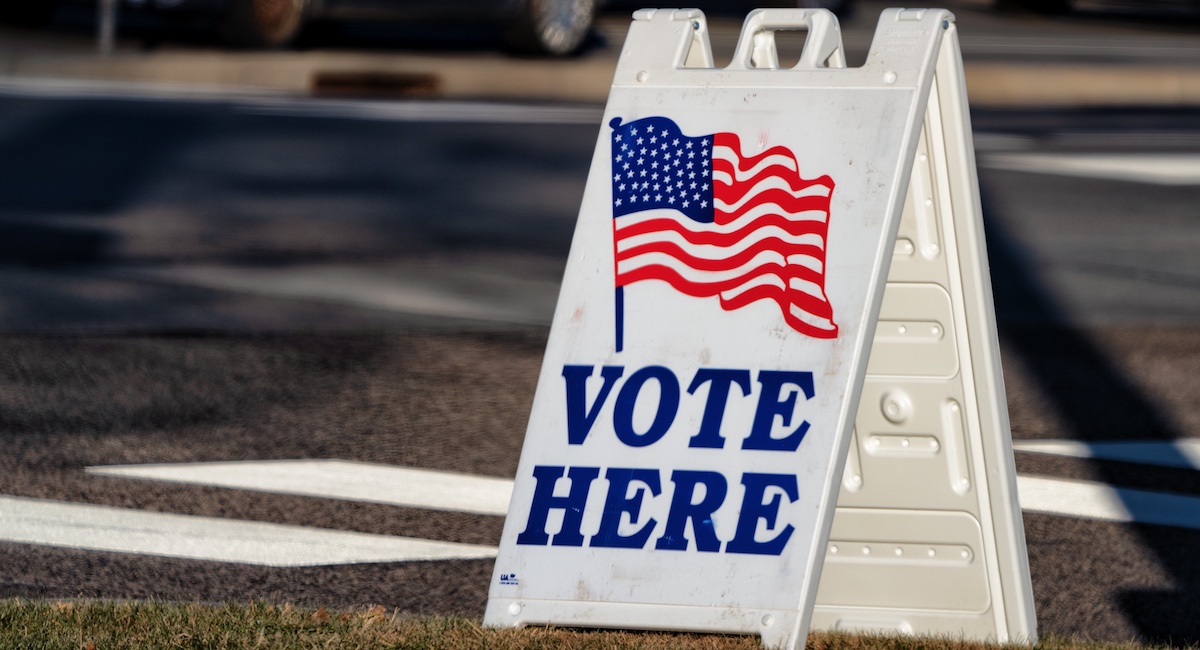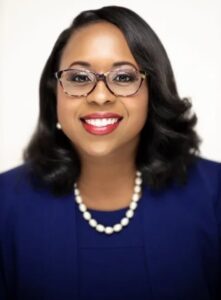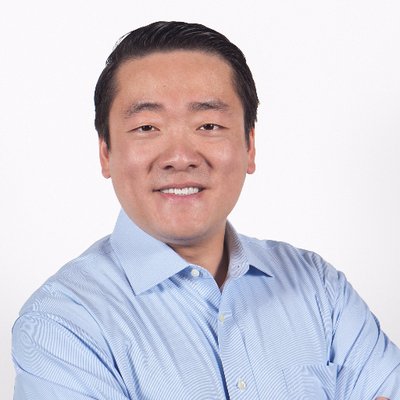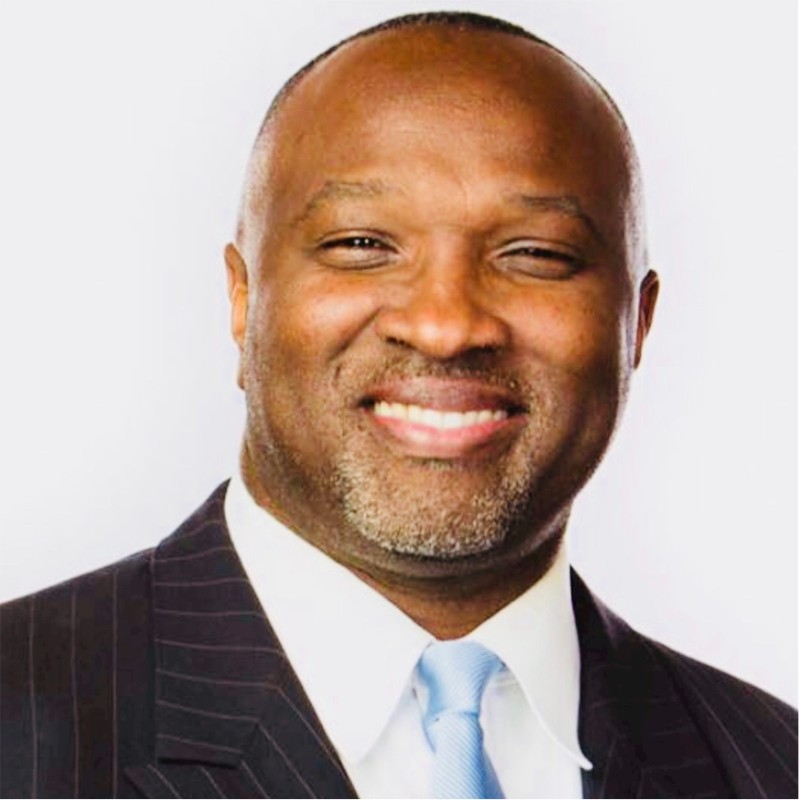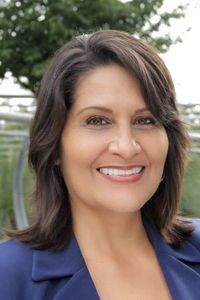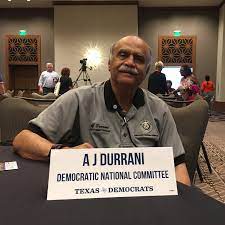HOUSTON — As Super Tuesday approaches, a decade-long decline in voter turnout in Texas’ Harris and Fort Bend counties raises concerns about the public’s faith in the electoral process. In a Feb. 22 news briefing organized by Houston Ethnic Media (HEM), veteran legislators, community leaders, and election officials shared their insights and personal experiences on why the ethnic vote counts.
Teneshia Hudspeth, the Harris County Clerk, shared her ascent from a childhood marked by early civic experiences to a pivotal leadership role in Texas’ largest county, and the third largest in the United States by population.
“As a little girl with pigtails, I remember going to a polling location with my mother,” Hudspeth reflected. She realized later it was the start of her future.
Her career trajectory took her from an administrative assistant in the county clerk’s office to being elected as the county clerk herself, where she has focused on raising public awareness about the importance of voting, specifically during the primaries.
Hudspeth brought to light the troubling statistics of the low voter turnout in Harris County.
“Currently, of the 2.5 million registered voters, just over 30,000 have cast their ballots early in person or by mail in Texas,” she shared. “What’s most important is getting voters activated to understand that this is just one election that continues throughout the entire year until we get to November. We are in the thick of it.”
State Representative Gene Wu spoke with passion about the pivotal role of minority communities in effecting political change, highlighting the transformation of Fort Bend from a white minority electorate to one that reflected the majority of people of color as a standout example.
Pointing out the alarming rise in anti-Asian hate crimes and the spread of discriminatory laws barring Asian immigrants from buying land, Wu warned that political polarization was deepening.
“When we fought against SB 147, the anti-Asian, anti-Chinese alien landlords that said Chinese Americans cannot purchase property in the state of Texas, when our community fought against that bill, we rallied the whole community,” Wu said. “We had people call, email, text, and show up at hearings and protest, and be on TV and be on the newspaper and be on the radio.”
Wu said their actions helped change the narrative and encouraged others to do the same.
“Every community, if you organize, if you gather together, you build your coalition, you build your allies. If the Black community needs us, the Asian community will be there. If the Latino community needs us, we will be there. And we should all say the same for each other,” Wu said. “And that, my friends, is real power. That, my friends, is how a minority-majority state changes. We already have the ability; we just need to have the willingness.”
Imagine being an African American and living on a street named after Nathan Bedford Forrest, the first Grand Wizard of the Ku Klux Klan. This was the reality for some residents in Missouri City, a reality that City Councilmember Jeffrey L. Boney was determined to change. Boney used his position to advocate for lowering the required threshold for changing street names, leading to the renaming of streets like Confederate Court to Prosperity Court.
Boney also championed a disparity study in Missouri City to address contract inequities, ensuring fair opportunities for minority and women-owned businesses.
He concluded with a powerful reminder of the importance of being represented in the decision-making process: “If you’re not at the table, you’re on the menu.”
“No vote, no voice,” State Representative Penny Morales Shaw said to summarize the critical nature of voter participation, especially in close races where a few votes can determine the outcome.
“In my election, I had five races… and ultimately I won by 200 votes. That may seem like a lot of votes, but in the big picture, when you’re talking about thousands of votes, that isn’t that many votes. Every vote matters,” she emphasized.
Shaw also pointed to the vigorous efforts to restrict voting rights as evidence of the power of every single vote. She argued that if voting was inconsequential, there wouldn’t be such aggressive attempts to curtail it. By drawing attention to the challenges of accessing polls and the restrictions on mail-in ballots, she underscored the barriers that everyday working people face in exercising their democratic rights.
AJ Durrani, Treasurer of EMGAGE-TX and the first Muslim American to serve on the Democratic National Committee, highlighted the significant strides made in voter registration and turnout among Muslims, a demographic often overlooked in political discourse.
“We have tirelessly worked from 2016 to 2020, increasing voter registration by 35% in our area (Greater Houston) leading to over 75% voter registration among Muslims,” Durrani noted.
Durrani provided compelling evidence of the Muslim vote’s impact in recent presidential elections, particularly in swing states.
“Consider the 2020 election in Georgia, where Biden’s victory margin was 12,000 votes. In that state, 61,000 Muslims had voted. Without their support, the outcome could have been different,” he pointed out, and extended this analysis to other key states like Pennsylvania, Michigan, and Wisconsin.
“The Muslim vote can be the swing factor, the margin of victory in states where elections are decided by tens of thousands of votes,” Durrani said.
He then shifted to what is happening overseas.
“The situation in Gaza has been very disheartening and, in a way, disillusioning for many Muslims throughout the US. Many people say, ‘Well, what does it matter?’”
Durrani stands firm that voting matters and urges the community to support local candidates who align with their values.
“Do not sit out this election. Work and vote now,” he said.



